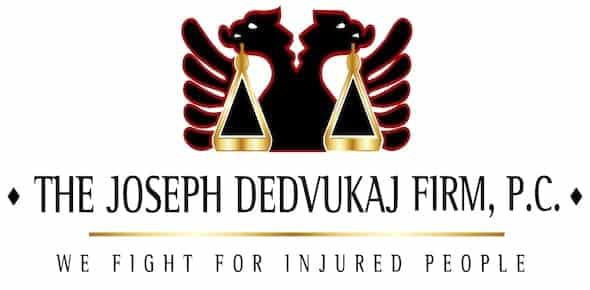In Michigan, a mediation is a very common dispute resolution practice. Mediation is a process where the parties to a personal injury claim or lawsuit come together in the presence of a neutral third party mediator to try to resolve the matter. Both sides talk about their version of case and work to reach a resolution in a way that satisfies everyone to settle the lawsuit.
A successful mediation is one where the parties resolve the claim or suit outside of the presence of the court or jury, through a neutral third party. If mediation is unsuccessful then the parties do not reach a settlement agreement and the case will go to court.
Benefits of Mediation vs. Ongoing Litigation
What’s better for your case: mediation or litigation? There are a few benefits to mediation over taking a personal injury case to trial in court.
Takes The Risk Out Of The Case
During the mediation process when the settlement negotiations are conducted you need to understand the risk of going to trial. Go to trial doesn’t guarantee a result you want. Trial is unpredictable for all parties involved. Settling a case during the mediation process takes away the risk of going to trial. At trial you can get more, less, the same amount offered during mediation or nothing at all. The defendant and its insurance company also understand the risk of going to trial.
Saves Money and Time
Typically, mediation costs less than the cost of litigating a case with a jury trial. You may be able to avoid the cost of expert witnesses, subpoena fees, and deposition costs if you settle through mediation, saving you and your attorney money.
Additionally, resolving your case through mediation is usually much quicker than going to trial court proceedings, especially during pandemic shut-downs, which can last for months to years. Mediation is also a final resolution.
Humanizes The Plaintiff
Your attendance a mediation hearing is most likely the first time the insurance adjuster for the negligent party has been able to meet you in person. Putting a face to your name humanizes you to the insurance company representative. You’re no longer just another claim file on their desk; instead, you’re a real person.
Parties Retain Control
Both parties retain more control of what they are presenting during mediation process as opposed to court proceedings. In court proceeding, the judge controls what the jury sees and hears in the court room. At mediation each party is an active participant in the mediation process in trying to resolve the case during mediation, and the judge is not present to make rulings or issue orders.
What to Expect During Mediation?
After agreeing to mediation, the attorneys for all the parties must agree on several factors, including who the mediator will be unless the court selected the mediator. The parties and their lawyers will decide when and where to meet.
During mediation, the mediator will explain the process. Then, your attorney and the negligent party’s attorney will give a summary of the case hitting the important points in opening statements, present exhibit evidence, and speak privately to the mediator outside of the presence of the opposing party and counsel. Sometimes your lawyer will speak to the mediator in private, so things don’t get emotional for you.
Any agreements reached during mediation must be formally accept by all the parties. If you reach an agreement and sign it, the agreement is fully enforceable in court binding all of the parties. If you do not come to a resolution, the case will either proceed to court or, if litigation is already pending in court, the case will continue to move forward as planned in accordance with the court’s scheduling order.
The Role of The Mediator
Mediators are in attendance to play devils advocate so to speak, in hopes of helping both parties focus on the issues, reduce negative feelings, minimize points of controversy, and bring the parties closer to an agreement. The mediator cannot give legal advice. The mediator does not have the power to force either party to make a decision. All discussions with the mediator are confidential and cannot be mentioned at trial if the matter does not settle.
How to Prepare for Mediation Hearing
In order to give your case its best possible chance for a successful mediation hearing, follow these steps:
- Create your notes about what issues you think are most important to you and what you want to discuss
- Gather and bring with you to mediation any critical evidence pertaining to your case, but show it to your lawyer
- Dress like you would for a job interview
- Listen carefully to the mediator and other in the hearing
- Refrain from showing emotions, to the best of your ability
In advance of the mediation, discuss your claim with your attorney who can help you set realistic expectations and advise you on when to accept a settlement at the end of the process. Never accept the first offer and never offer exactly what you want. You can always come down after your initial offer but you can’t go up after you have made a certain demand.
Need To Contact A Personal Injury Attorney Today
If you’re in the Indianapolis area and looking for a way to settle your personal injury claim, the Personal Injury Attorneys at The Joseph Dedvukaj Firm might be able to help you. The attorneys at the Joseph Dedvukaj law firm have decades of experience with personal injury claims and can help you decide what’s best for you. Call now 248-352-2110 or fill out an online contact form below for a free, no-obligation case evaluation.


